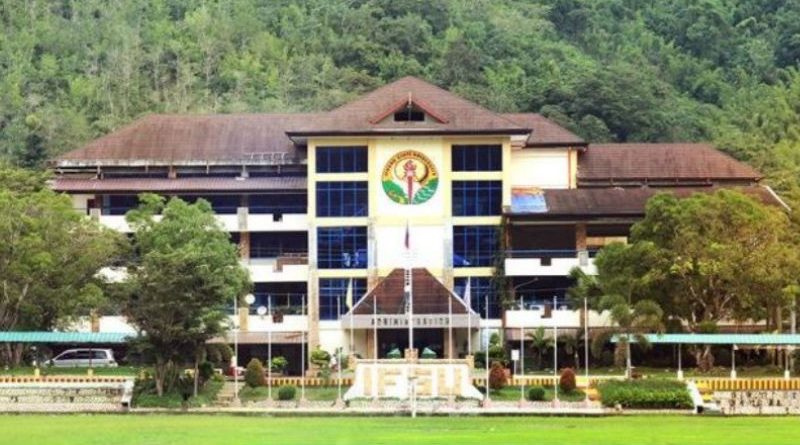
BY LEANDER C. DOMINGO
The Department of Education (DepEd) has recognized at least 16 teachers from the DepEd Ifugao Schools Division (ISD) as Indigenous Knowledge Educators (IKE) under the Ifugao Indigenous Knowledge Educators Training Program (IKETP) of the Ifugao State University (IFSU) in partnership with National Chengchi University (NCCU) of Taiwan.
They received their recognition during the virtual 2nd Graduation Ceremony at IFSU on May 3.
This second batch of teachers came from different schools in Ifugao Province who completed various capacity-building seminars and workshops on Ifugao indigenous knowledge, systems and practices (IKSP) as well as contextualized module development as part of their training to become IK educators.
However, the pandemic has made some adjustments to the training program from in-person to digital mode. The trainees were provided gadgets like tablets with applications that contained learning materials.
IFSU President Dr. Eva Marie Codamon-Dugyon, who is also the program leader, said the 16 teachers developed and produced at least 45 contextualized learning modules on different learning areas.
The learning areas with the most contextualized modules produced were Science with 10 modules, Araling Panlipunan (social studies) and Edukasyon sa Pagpapakatao (personality education) with eight modules respectively.
Codamon-Dugyon said with contextualization, Ifugao IKSPs are integrated through the interfaced learning objectives and in the lessons following the national curriculum.
She said IFSU as a higher education institution has a great role in the promotion of IKSP and that there is a need for continuing collaborations among partners and stakeholders especially at this time of global pandemic in maximizing the virtual landscape for efficient learning.
“We have program partners, graduates and mentors who contribute towards the success of our IKE program,” Codamon-Dugyon said.
Dr. Estella Cariño, DepEd Cordillera director, expressed the importance of IKSP in strengthening resiliency amidst current challenges. While Dr. Federico Martin, ISD superintendent, emphasized its importance and thus the need to learn from the past in moving forward amidst challenges, Maria Lourie Victor of DepEd Indigenous Peoples Education Office also underlined the essence of reconnecting and remembering the past to have a deeper understanding on IKSP.
Meanwhile, Marlon Martin, Save Ifugao Terraces Movement chief operations officer, one of the local partners of Center for Taiwan-Philippines Indigenous Knowledge, Local Knowledge and Sustainable Studies (CTPILS), highlighted the dramatic steps in the promotion of relevant Ifugao education among the young people.
Prof. Da Wei Kuan, CTPILS executive director and NCCU professor, emphasized the importance of international collaborations towards the respect and recognition of indigenous knowledge.
Taipei Economic and Cultural Office (TECO) in the Philippines Ambassador Michael Peiyung Hsu represented by David Lee of the TECO Education Division in Manila also highlighted the similarities of both countries in terms of culture, values and beliefs.
Hsu also made an emphasis on the importance of student and faculty exchange between IFSU and NCCU especially in the area of indigenous knowledge.
In August 2018, the IKETP which was launched with DepEd as partner is one of the components of the CTPILS project, an international academic and research cooperation between IFSU and NCCU.
This program which formally started in 2020 aims to build up a core of indigenous knowledge educators from the DepEd and IFSU with the active participation of different knowledge holders and experts from the communities and academe.
Codamon-Dugyon said that at the end of the program, it is expected that at least 80 educators, knowledge holders and IFSU mentors are capacitated and would have produced 40 instructional materials for indigenous knowledge and sustainable studies.
She said the program is divided into two semesters per year that will run for three years with a total of 96 hours to cover the course training while the trainees and other participants are scheduled to meet once a month for two days, mostly virtually this time of the pandemic.
